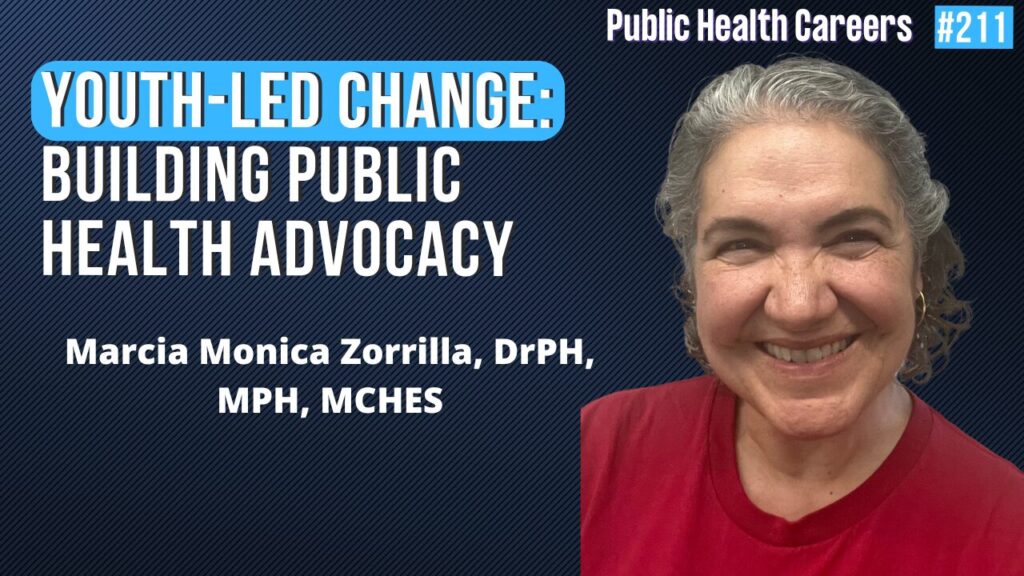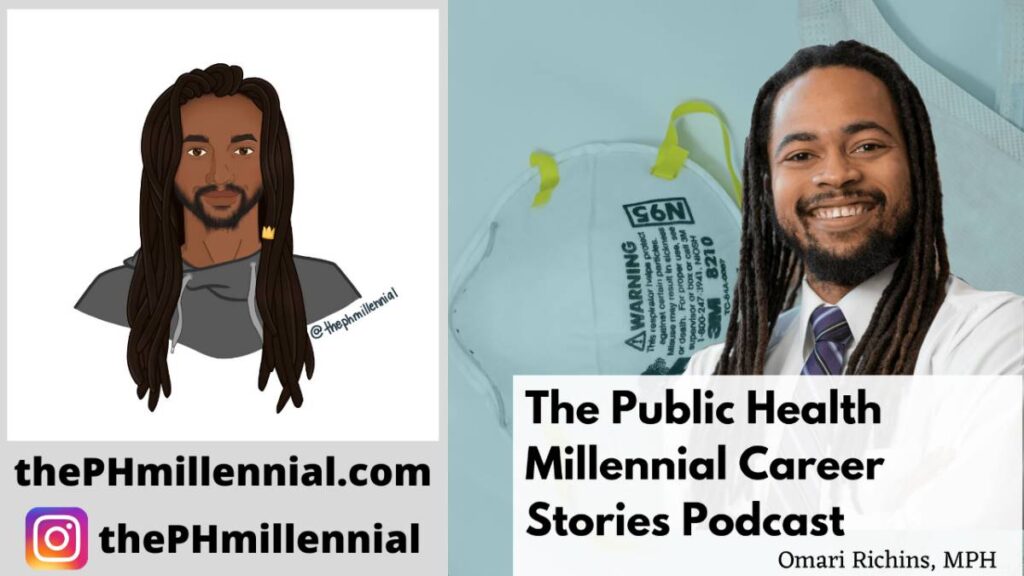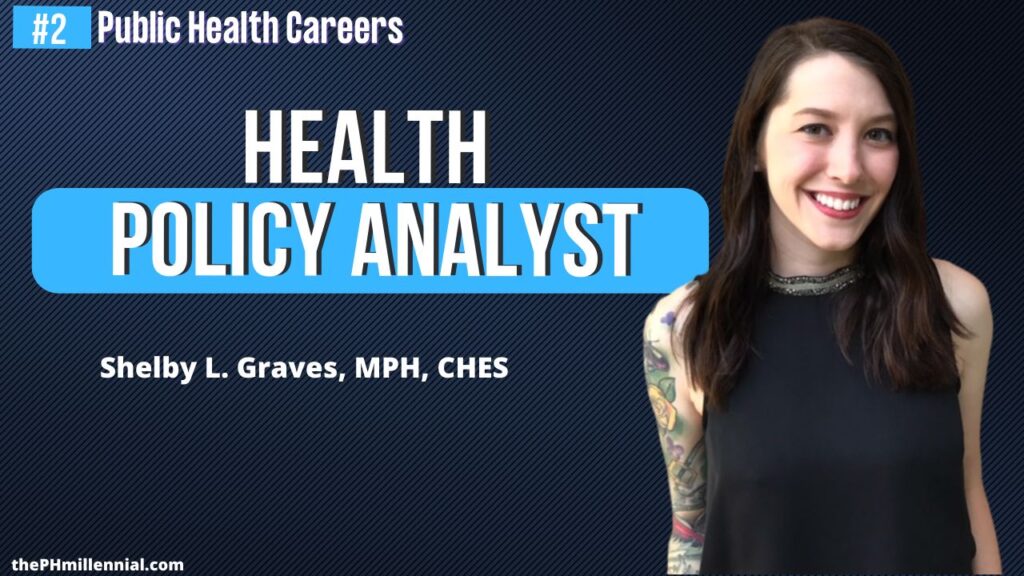Interview with Marcia Zorrilla, DrPH, MPH, MCHES®, SUDRC
Listen Here:
Highlights from this episode:
- Working at the intersection of youth mental health and substance misuse
- Youth advisory boards play a crucial role in public health work, providing valuable insights and empowering youth to become advocates and leaders.
- Taking time for oneself is essential for maintaining mental health and overall well-being.
- Program planning is a valuable skill in public health, enabling the development of effective interventions and initiatives.
- Finding the right fit in a graduate public health program is important, so research schools and talk to alumni and current students to get a sense of the program.
- Engaging with youth in a non-punitive way and creating spaces for learning and teaching together is crucial in substance misuse prevention.
Episode 211 of Public Health Careers
Dr. Marcia Zorrilla, DrPH, MPH, MCHES®, SUDRC is Director of Positive Youth Development and Public Health Specialist at Stanford University School of Medicine.
She has over 25 years of experience as a health educator and a combined 27 years of experience developing the clinic’s Youth Advisory Board and providing nutrition education classes at Juvenile Justice Centers.
She conferenced a Bachelors in Animal Sciences from Cornell University and a Master of Public Health in Community Health from New York University. After completing her MPH, Marcia spent over 25 years as a Health Educator and Youth Advisory Board Director for Community Health Programs for Youth at the Balboa Teen Health Center. During this time, she developed youth-centered health initiatives and educational programs.
Marcia later pursued a Doctor of Public Health at Loma Linda University and is certified as in Addiction and Recovery Counseling. After obtaining her DrPH, she became an Adjunct Faculty member at Montclair State University, where she contributed to academic teaching.
Links from show
American lungs association smoking pamphlet
Results of Marcia’s Dissertation Research
- Assessing Depression-related Mental Health Literacy Among Young Adults
- Depression and Help-Seeking Intention Among Young Adults: The Theory of Planned Behavior
Connect with Guest
Marcia Zorrilla, DrPH, MPH, MCHES®, SUDRC on LinkedIn:



